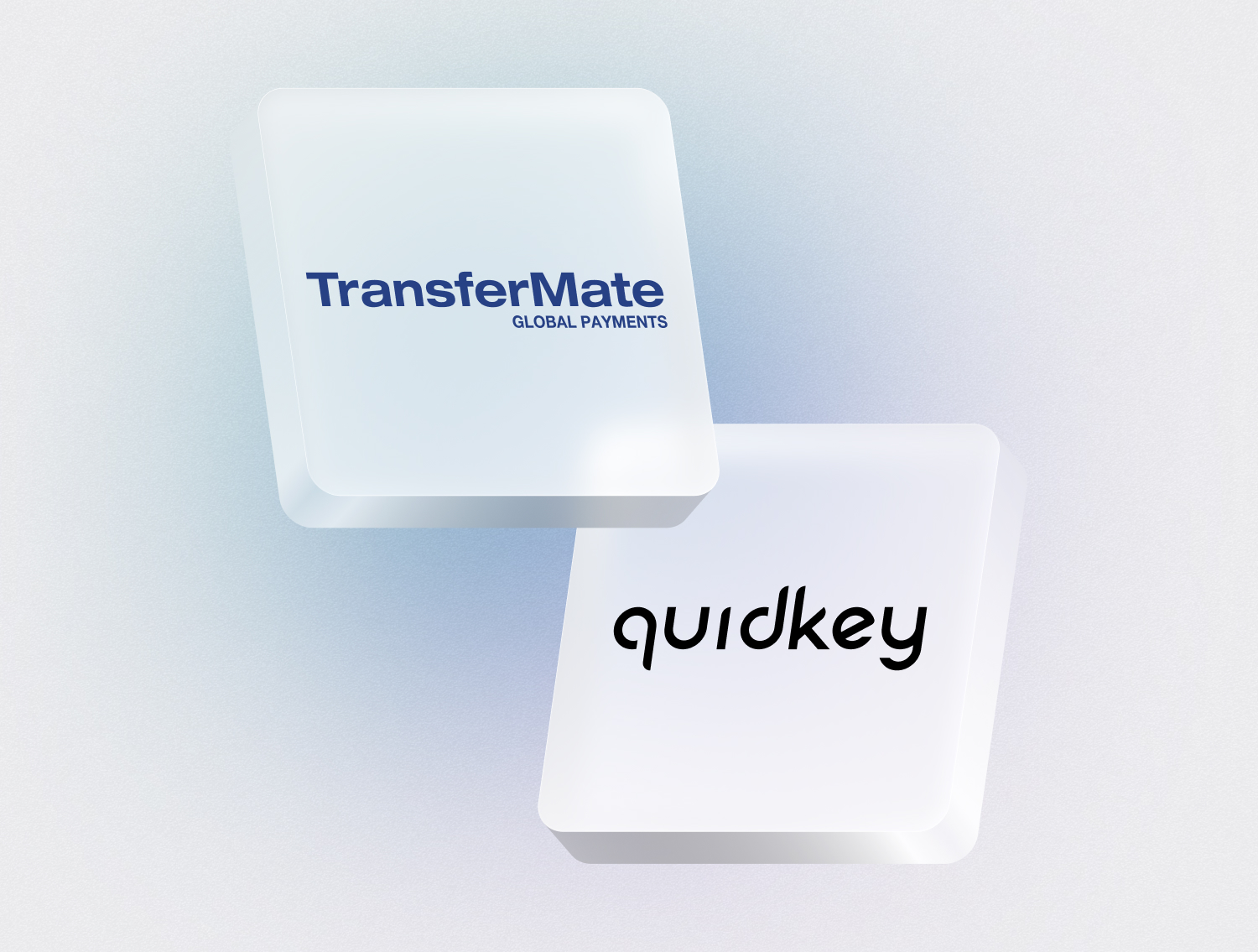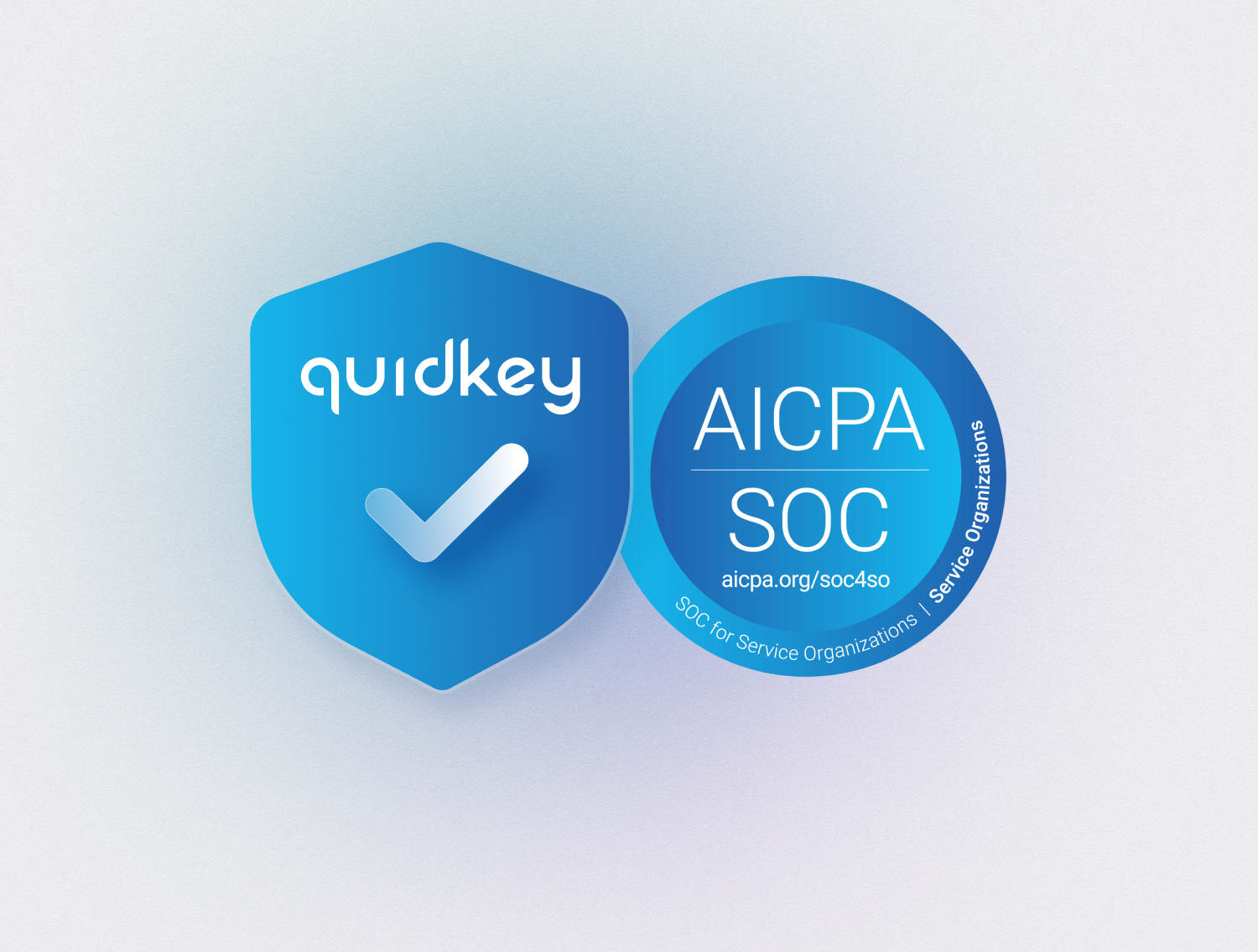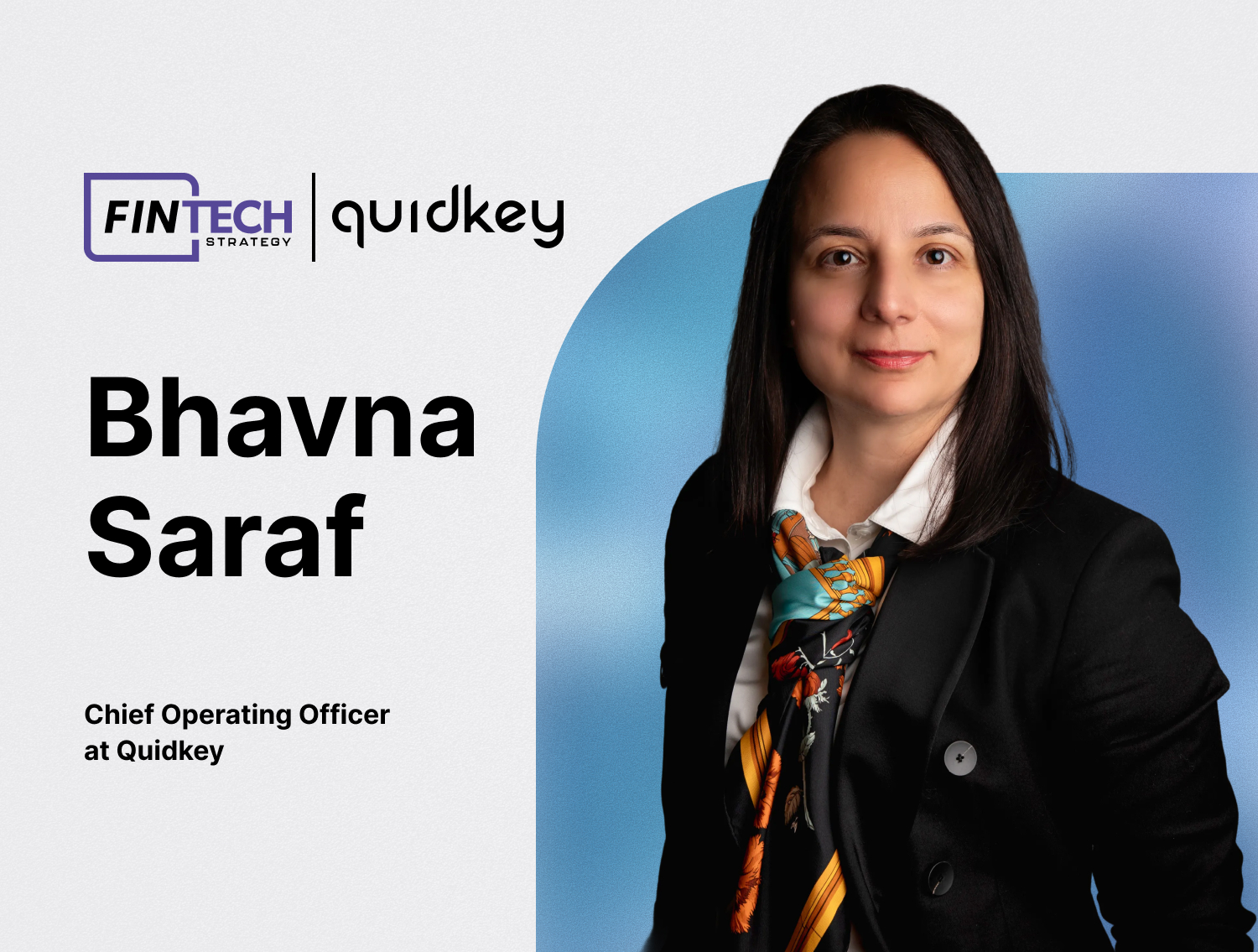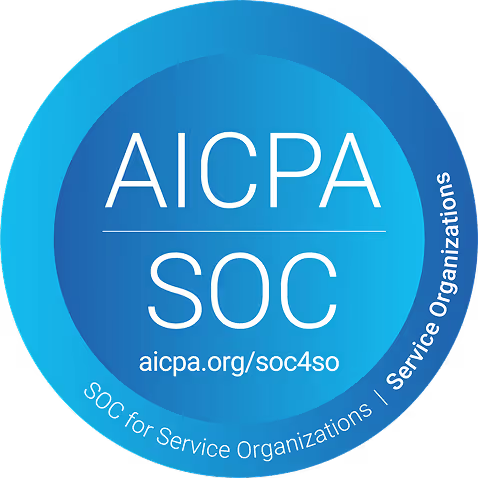October 14, 2025: Quidkey, a leading fintech in account-to-account (A2A) payments, has chosen TransferMate, the world’s leading provider of embedded B2B payments infrastructure as a service (IaaS) to significantly reduce credit card transaction fees for both domestic and international payments.
Through this embedded solution, both companies will harness Open Banking technology to replace costly card rails with a faster, more efficient model of payments. TransferMate’s global network of payments, receivables, and local accounts will power Quidkey’s merchant offering, enabling instant or near-instant settlement in domestic markets and accelerated cross-border payments worldwide.
Founded in early 2023, Quidkey has quickly established itself as a trusted provider of next-generation A2A payments. Leveraging AI-powered bank prediction, instant settlement, and a streamlined user experience, Quidkey enables merchants to lower transaction fees and improve checkout efficiency. Its growth in the UK and EU is now being accelerated into North America, supported by TransferMate.
At Quidkey, we believe account-to-account payments are the future of commerce,
said Rob Zeko Co-Founder & CEO of Quidkey.
TransferMate allows us to bring that future to merchants and consumers on a global scale. By combining Open Banking innovation with TransferMate’s regulatory reach and trusted infrastructure, we’re creating a payments model that is faster, fairer, and built for growth.
For merchants, the solution means a reduced dependency on expensive credit card processing, faster settlement cycles, and the ability to expand into new regions with confidence. For consumers, it means a seamless checkout experience with reduced fraud and lower embedded costs, whether they’re paying locally or cross-border.
Merchants want lower fees and faster settlement. Together with Quidkey, we’ll deliver both,
said Gary Conroy, CEO of TransferMate.
The result will be materially lower costs than traditional card processing, quicker access to funds,and a smoother experience for merchants and consumers in every market Quidkey serves now, and where they expand to in the future.
The Open Banking market is forecast to grow from $35 billion in 2025 to $94 billion by 2029 and $180 billion by 2032. With Quidkey’s next-gen payments innovation and TransferMate’s largest fintech payments infrastructure in the world, this positions both companies to lead in a rapidly expanding sector.
About TransferMate
TransferMate is a leading provider of embedded B2B payments technology, helping companies, software providers & financial institutions to streamline their global receivables, payments, & local account needs. TransferMate owns the largest E-Money / payment license network of any fintech, regulated in 92 jurisdictions and owning 98 licenses.
About Quidkey
Quidkey is on a mission to become the merchant-facing clearing abstraction layer, enabling borderless A2A checkouts that drive personalisation, boost conversion, enhance security, and build on existing customer-bank trust. We simplify today’s fragmented payment mix (cards/wallets), enable tomorrow’s open banking corridors, and prepare for the future of tokenised money — capturing the $2.6tn and growing global e-commerce payments opportunity.
Our approach creates value across the ecosystem:
- Consumers enjoy frictionless, bank-authenticated payments with protections.
- Merchants save on processing costs, increase conversions, and reduce fraud/chargebacks.
- Banks strengthen customer primacy and democratise access to their products at checkout.





